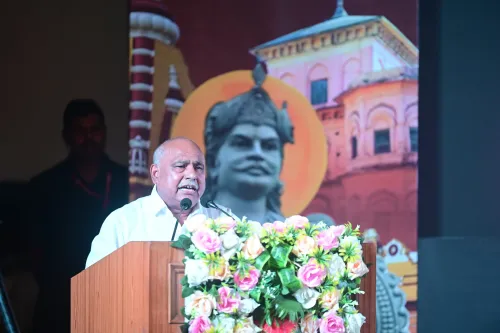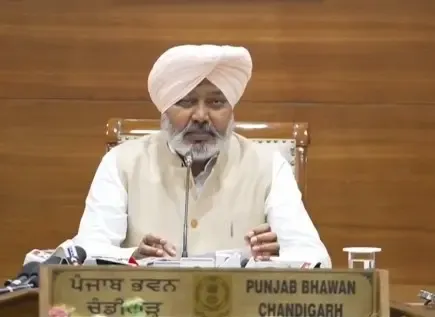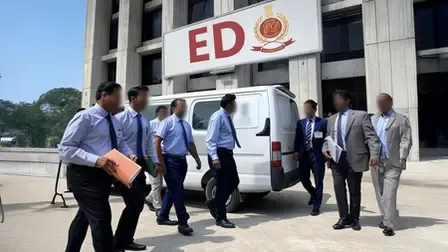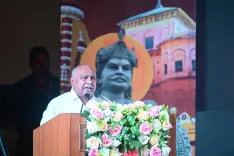Congress Criticizes BJP's Inadequate Plan for Summer Power Needs in Delhi
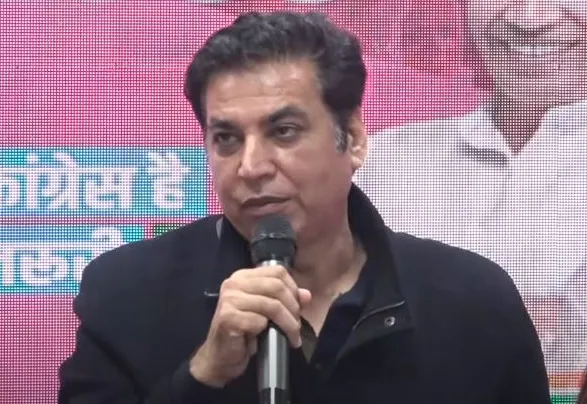
Synopsis
Key Takeaways
- Delhi faces frequent power cuts.
- BJP government lacks action plan.
- Discoms pressuring for tariff hikes.
- Projected peak demand may reach 9,000 MW.
- Concerns over inflated power bills.
New Delhi, April 3 (NationPress) Raising alarms over persistent power outages in the capital, Congress Delhi president Devender Yadav asserted on Thursday that the BJP-led administration lacks a solid action plan to address the soaring power demand this summer.
He pointed out that the Delhi government has been ineffective in regulating the power distribution companies, known as discoms, which are attempting to increase tariffs by exerting pressure through extensive power cuts.
Yadav remarked that under the influence of the discoms, Power Minister Ashish Sood has indicated that electricity tariffs may be raised, thus imposing an extra financial burden on residents, similar to the various surcharges introduced by the AAP government.
The Congress leader claimed that just like the prior Arvind Kejriwal administration, the Rekha Gupta government appears to be assisting the discoms by "exploiting" the consumers.
According to Yadav, projections suggest that electricity demand during peak summer could hit 9,000 MW. He emphasized that if the discoms could not cater to the demand of 4,070-4,360 MW on March 25—when widespread power cuts occurred—how could they possibly handle the significantly increased demand as summer temperatures rise?
Yadav also expressed concerns about consumers facing inflated electricity bills, reminiscent of the situation under the Kejriwal government.
He noted that during the Congress administration in Delhi, power distribution was managed so efficiently that power cuts became virtually nonexistent, and citizens were not faced with exorbitant electricity bills.

